T4K3.news
Supreme Court overturns trader convictions
Hayes and Palombo's convictions for interest rate rigging found unsafe by the Supreme Court.
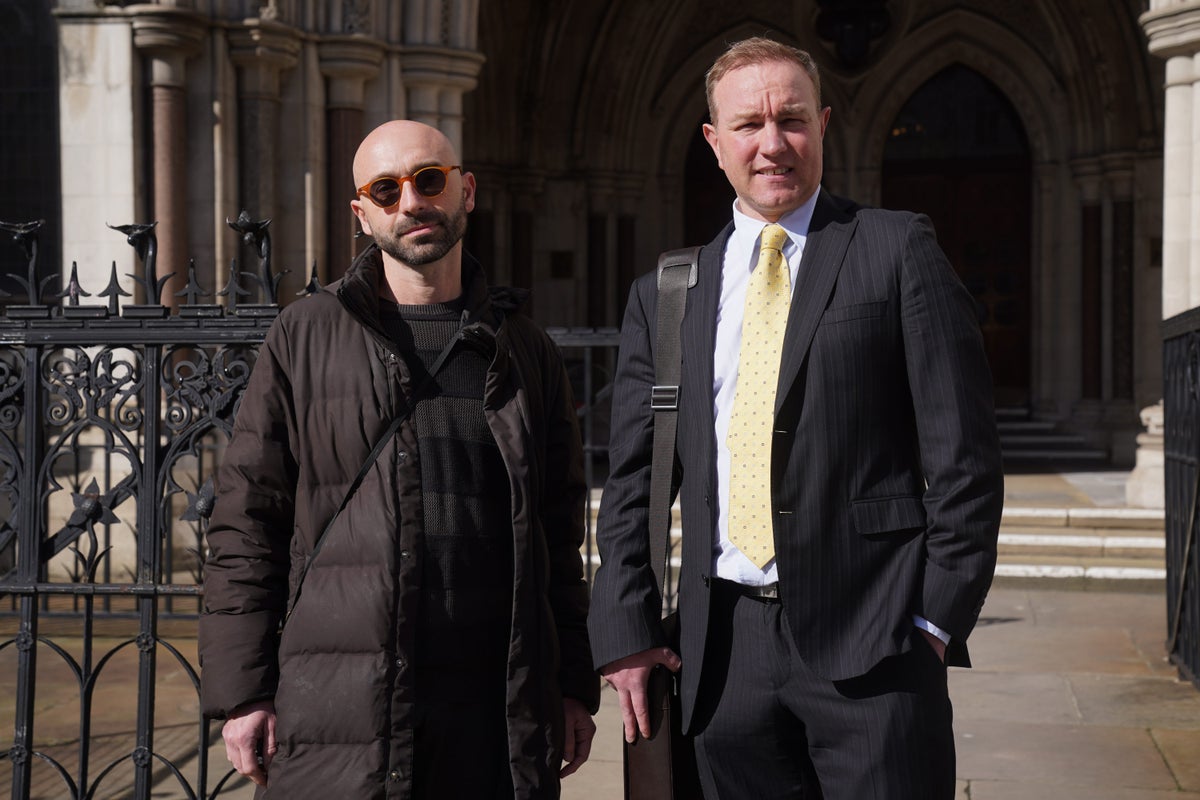
The Supreme Court has overturned the convictions of two traders for manipulating interest rates.
Supreme Court quashes convictions of traders for interest rate rigging
Tom Hayes and Carlo Palombo, once convicted of serious financial crimes involving interest rate manipulation, saw their convictions dismissed by the Supreme Court. Both men had been found guilty of conspiracy related to the London interbank offered rate and the Euro interbank offered rate, crucial benchmarks used in global finance. The ruling stated that jury instructions during their trials were flawed, rendering their convictions unsafe. The Serious Fraud Office declared it would not seek retrials, marking a significant moment in the ongoing scrutiny of financial malpractice.
Key Takeaways
"That misdirection undermined the fairness of the trial."
This quote by Lord Leggatt emphasizes the key reason behind the convictions being quashed.
"The convictions are therefore unsafe and cannot stand."
The Supreme Court's firm conclusion highlights the critical nature of juror instructions.
"It would not be in the public interest for us to seek a retrial."
The Serious Fraud Office confirmed it would not pursue further legal action following the Supreme Court ruling.
"Mr Hayes was entitled to have his defence left fairly to the jury."
This quote reflects the rights of defendants in receiving unbiased jury directions during trials.
This ruling underscores vital legal principles regarding fair trials. The Supreme Court's decision indicates that misdirection in jury instructions can have profound implications for justice. As financial crimes continue to arise, maintaining rigorous standards in legal proceedings is essential for public trust in the justice system. The fallout from these convictions raises questions about the effectiveness of prior oversight in the banking sector and whether justice prevails in cases involving high-profile figures. The case reflects broader concerns about accountability in various financial institutions.
Highlights
- Justice is not a victory for the accused but a reinstatement of fairness in the system.
- Flawed jury directions erode public confidence in financial justice.
- The quashing of these convictions raises critical questions about accountability in banking.
- A landmark ruling highlights the importance of fair trials in financial crimes.
Concerns over legal accountability in financial markets
The overturning of convictions raises issues of legal misdirection and public trust in financial institutions. The decision may spark further scrutiny of past prosecutions and their outcomes.
As the dust settles, the focus may shift to how financial institutions address accountability moving forward.
Enjoyed this? Let your friends know!
Related News
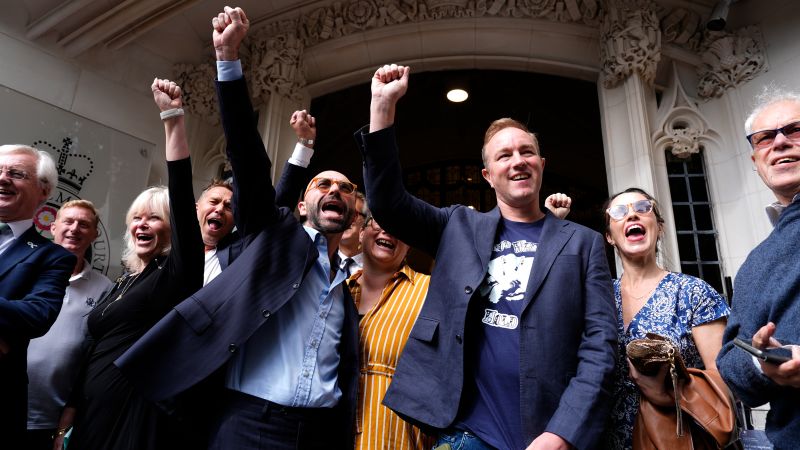
Hayes' appeal granted as conviction overturned

Supreme Court overturns convictions of traders

Traders' Libor convictions overturned by Supreme Court

Supreme Court quashes Tom Hayes’ Libor conviction
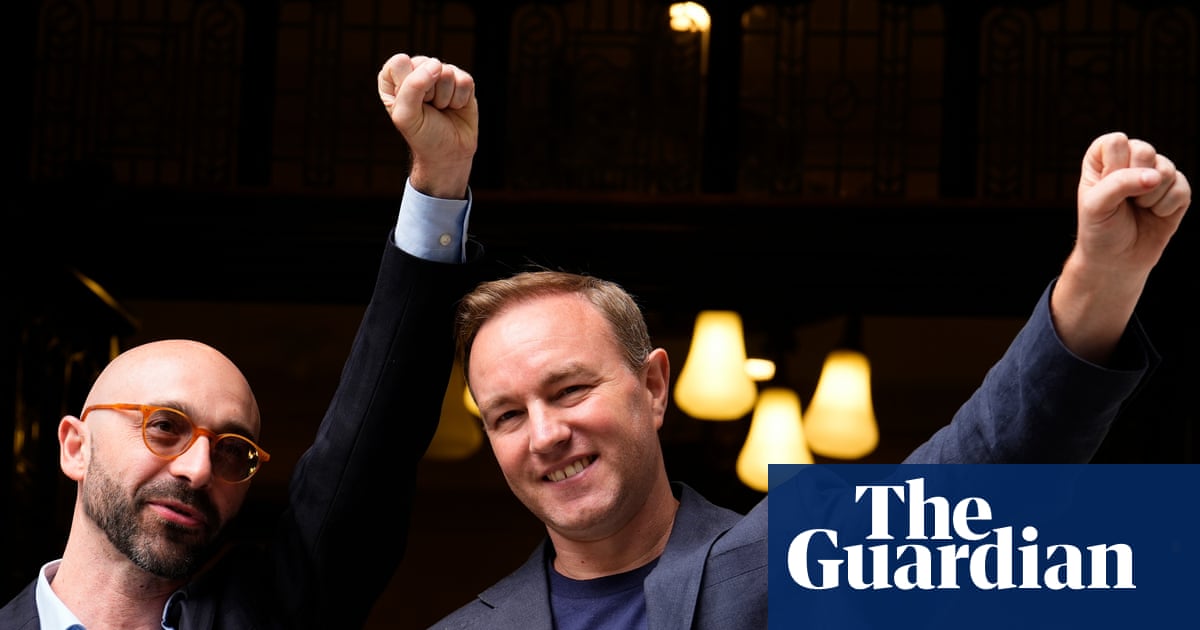
Supreme Court quashes Tom Hayes's Libor conviction
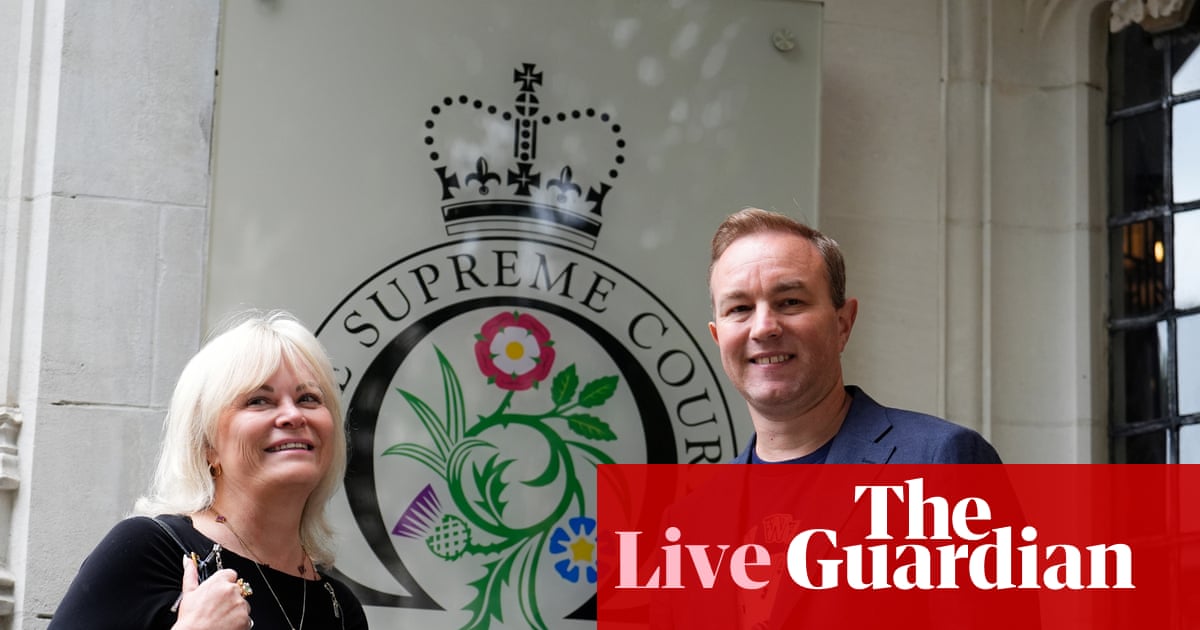
Supreme Court overturns convictions of two City traders
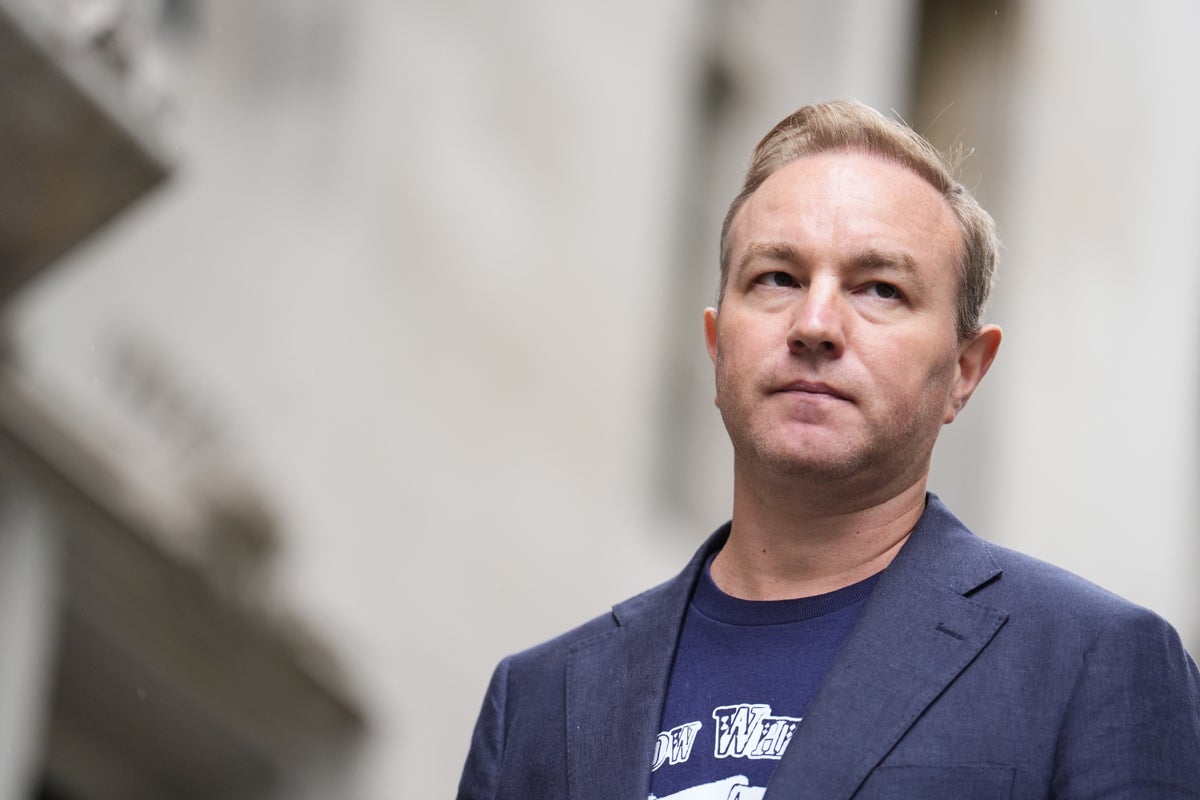
Supreme Court quashes Tom Hayes' conviction

Ghislaine Maxwell appeals to US Supreme Court
